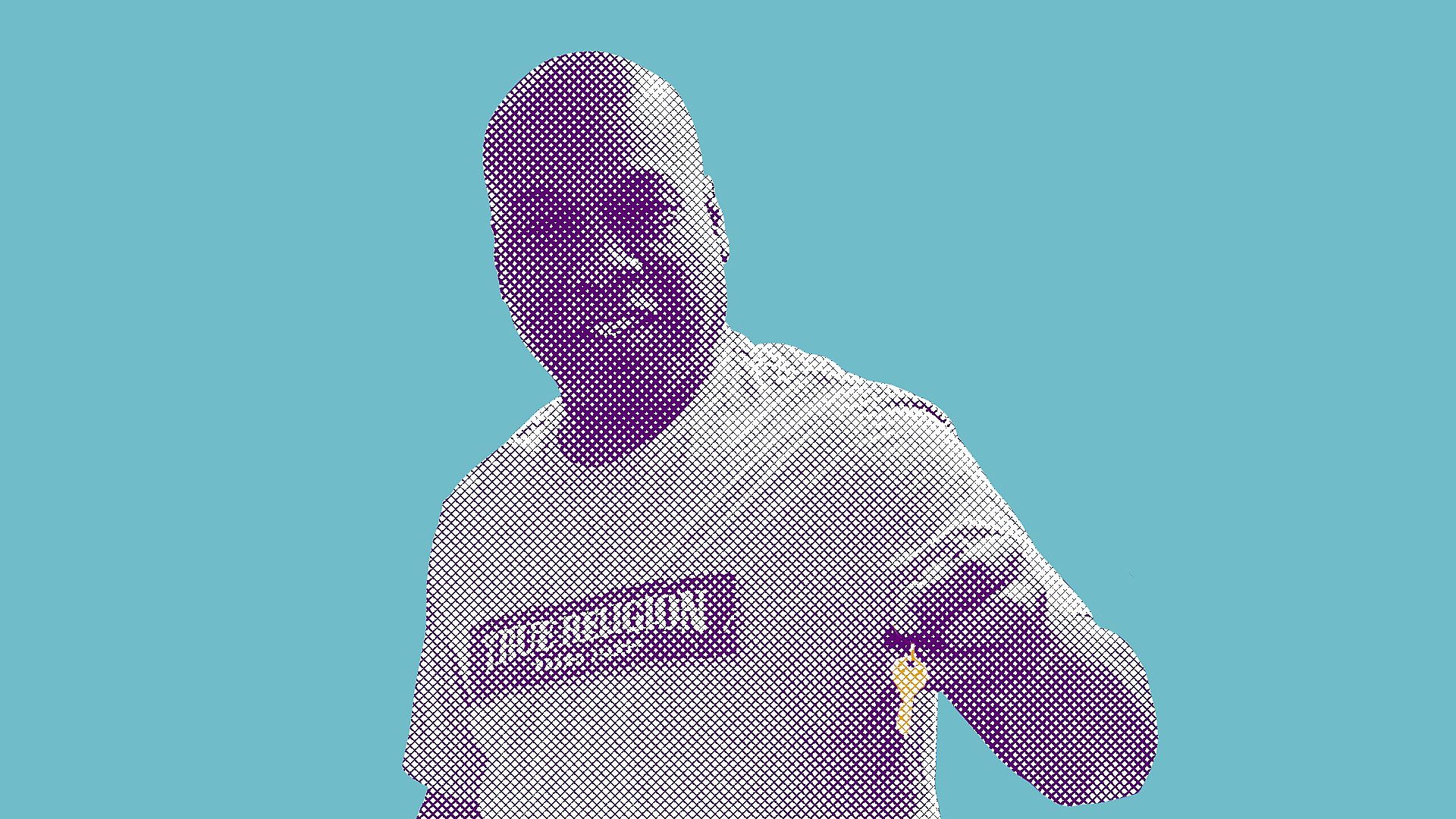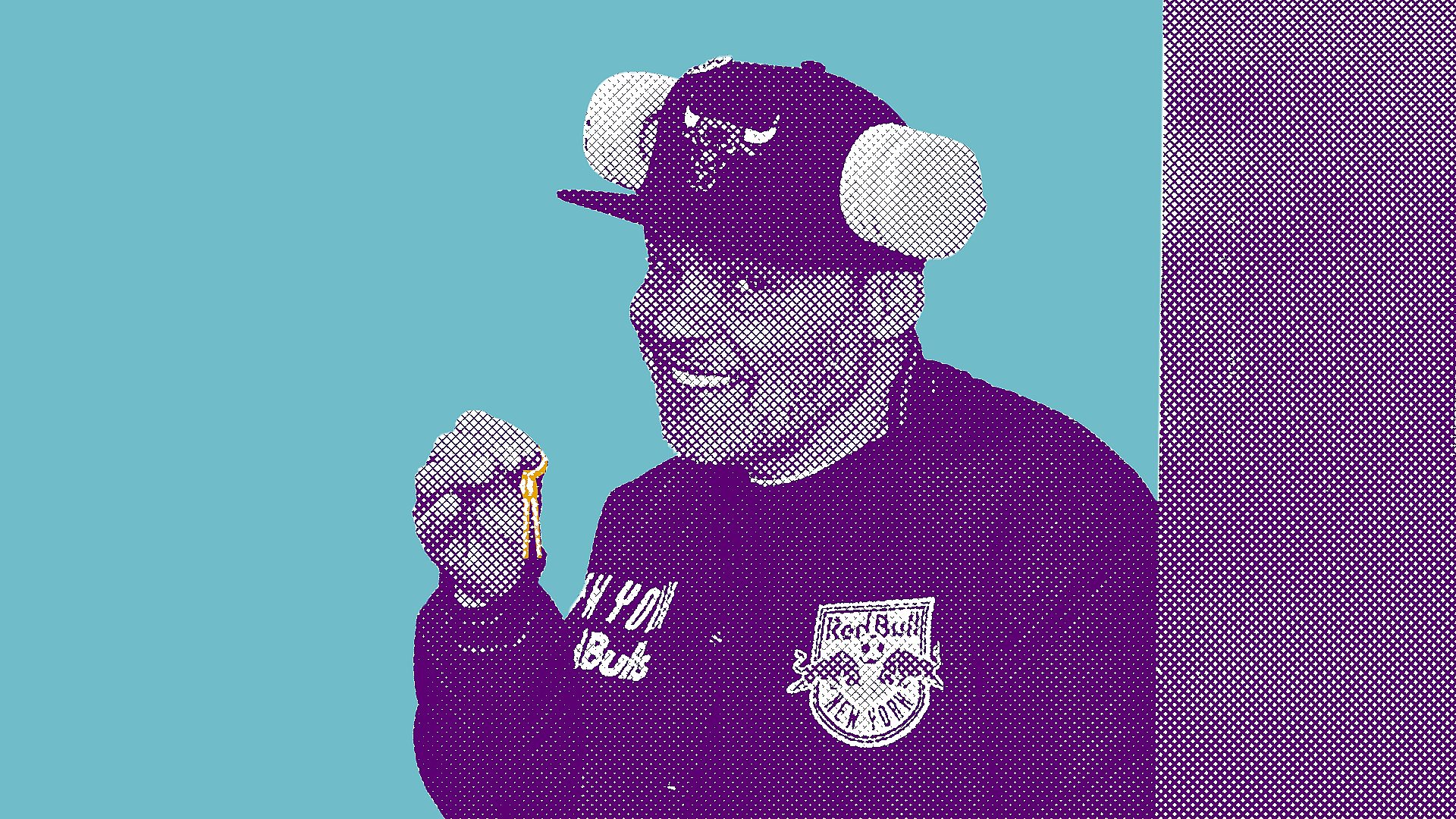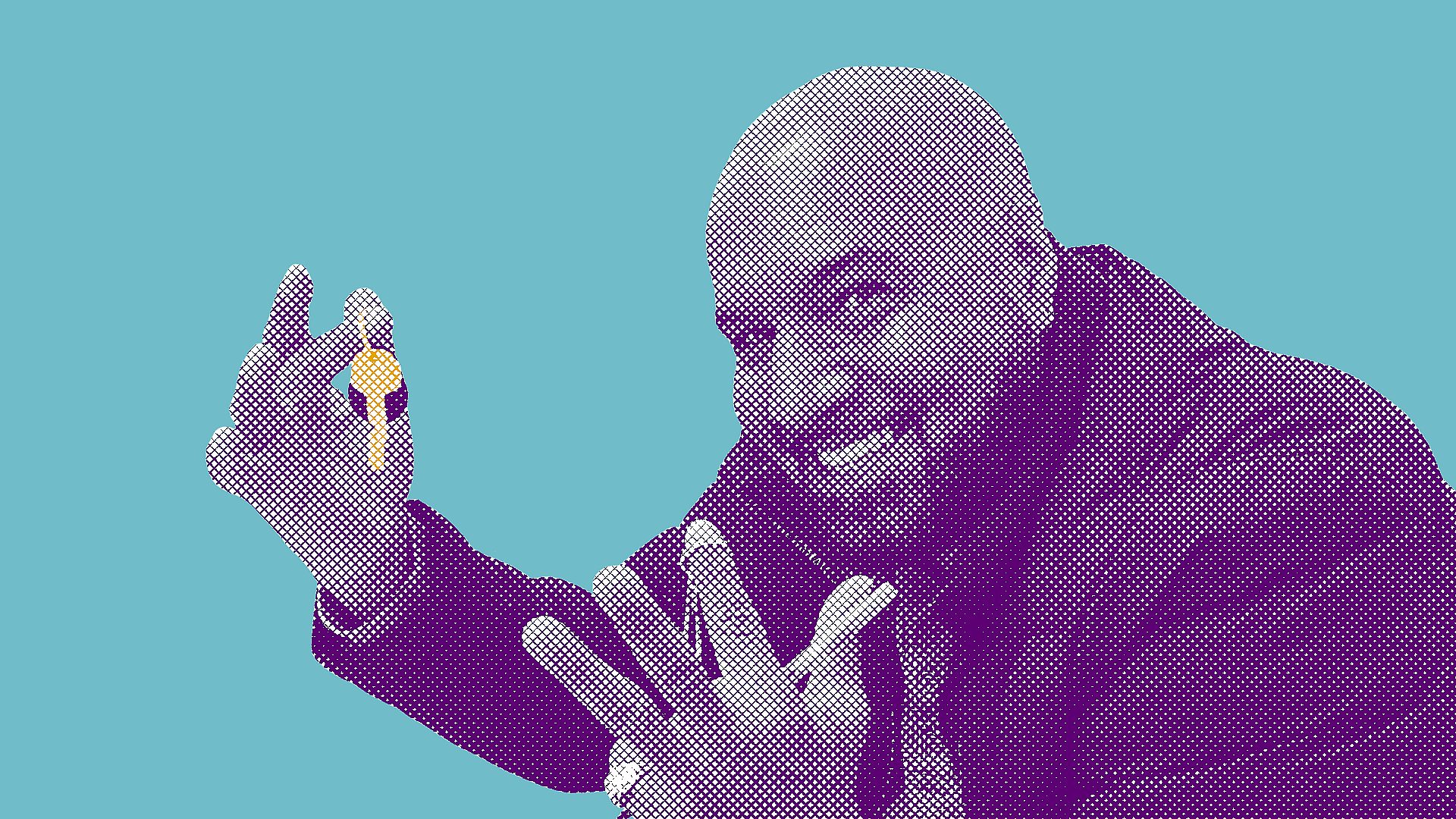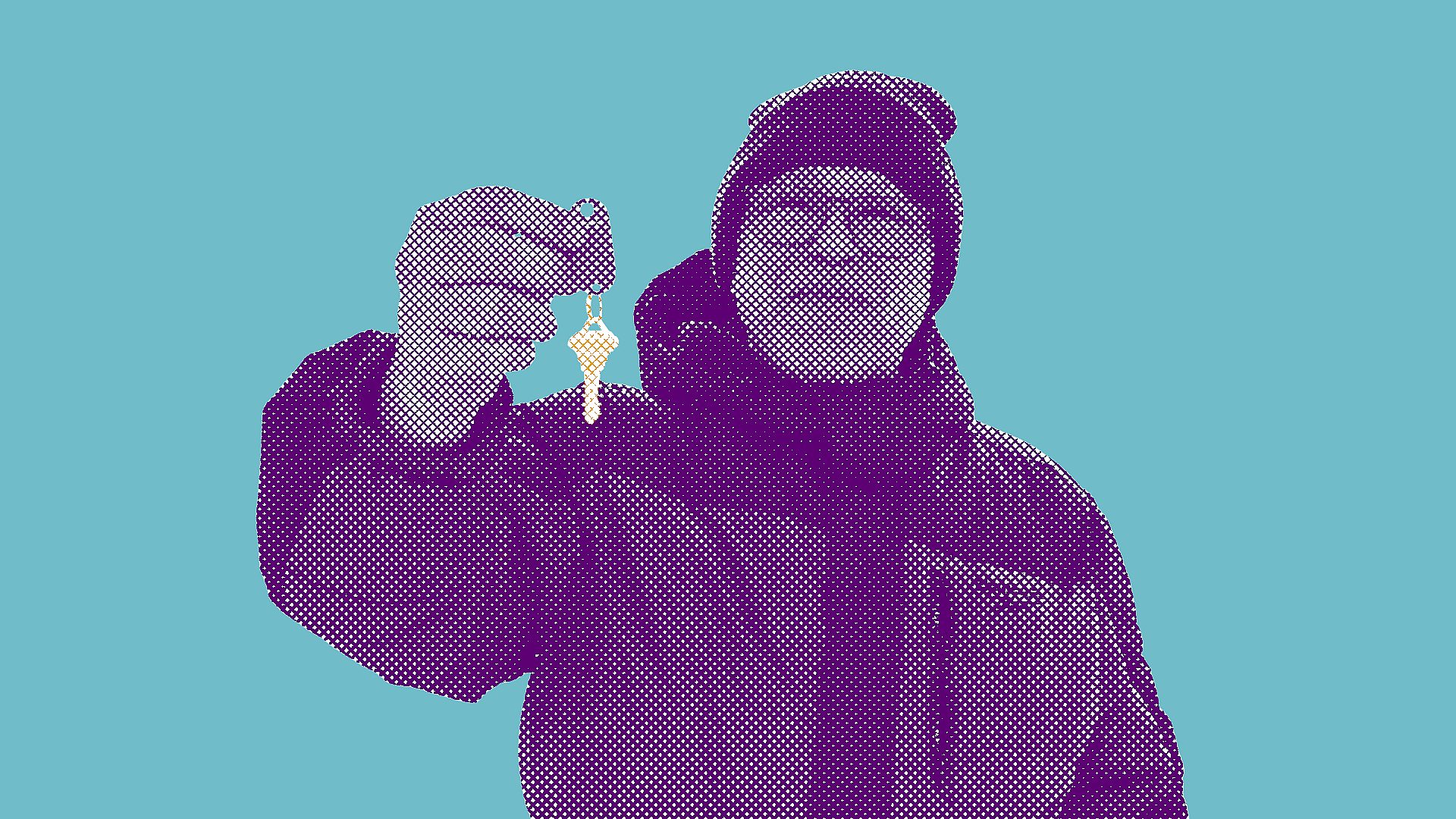Spotlight
A Year of New Beginnings
Fulton Community Reentry Center Reaches a Milestone
One year ago this month, Osborne welcomed the first residents to Fulton Community Reentry Center, a first-of-its-kind transitional housing program in the Bronx for men over 40 returning from incarceration. Today, Fulton is a thriving community that offers a safe and stable home to 140 people who receive support to pursue their goals for employment and independent living. Located in a transformed former prison, Fulton is a place of care, connection, and opportunity. This month, we celebrate Fulton’s success and hear from just some of the 36 residents so far who’ve taken the next big step: moving into homes of their own.

Bobby Jackson, 51
Fulton resident from October 2024 to February 2025
How did Fulton support your reentry journey?
My time at Fulton was excellent, mostly because of the support I received from the staff. The relationships I built there gave me the encouragement and resources I needed to transition out successfully. When I arrived, I quickly got a job with Osborne’s Janitorial Maintenance Services team after completing the Job Readiness Training (JRT) Program.
The Fulton team supported me every step of the way – they gave me MetroCards so I could get to work, helped me with technology training, and even provided late passes when my work schedule conflicted with curfew. I don’t have any family support, so I leaned on my own determination and the consistent support of the Fulton team to move forward. Thanks to that combination, I was able to move into my own apartment pretty quickly.
Looking ahead
I hope to work with young people, especially teenagers who feel disconnected. I believe my own experiences can help me relate to them on a deeper level and offer the kind of support and guidance that can truly change lives.

Edgar Perez, 57
Fulton resident from January to April 2025
Now a resident at Osborne’s Marcus Garvey Supportive Housing
What does it mean to have an apartment to call your own?
There’s no feeling like it. My apartment is my fortress of solitude, my safe haven. I’m not antisocial or anything like that, but I truly value my own space. Even though I have a girlfriend and can stay with her whenever, I prefer to come home to my own space. It’s relaxing. It’s mine. I can unwind after a long day, and even when I’ve been out for a day or two, there’s nothing like coming back to a place that’s just for me.
Living at Marcus Garvey has been amazing. Everything is brand new, and my apartment is gorgeous. I have a dishwasher, a spacious bathroom, and my own heating and cooling system. I don’t have to wait on a landlord for basic things. It’s quiet where I live, not a lot of movement, and that’s perfect for me. It’s the little things, too, like being able to leave the toilet seat up or a dish in the sink without anyone complaining. I’ve got plans to furnish it the way I want, piece by piece. I haven’t been able to do everything yet, but I will. This place is already beautiful, and I want to make it even more my own.
Having this apartment, with Osborne’s continued support, has made all the difference. It’s not just a roof over my head; it’s a foundation for my future.
Looking ahead
Right now, I’m focused on completing my handyman apprenticeship and staying connected to the community I’ve found through Osborne. My schedule doesn’t always allow me to attend everything, like the social nights, but I show up when I can because that support means a lot to me. The staff, people like [Osborne staff] Shabazz and Mr. Harper, have been great, always checking in on me. I’m grateful for the opportunities I have, and I’m committed to continuing to grow, build stability, and move forward in my life.

Paul Rodriguez, 58
Fulton resident from August 2024 to February 2025
How did Fulton support your reentry journey?
I came home when I was 48 years old. At first, I wasn’t sure I wanted to come to Fulton. I had been here before, back when it was a work-release correctional facility, and it felt surreal to return. My parole officer kept encouraging me, saying it would be good for me. Eventually, I decided to enroll in the program, and I’m glad I did.
The caseworkers at Fulton were amazing. They were all really supportive. Last year, I was shot in a completely random incident and spent a lot of time in and out of the hospital. That made it hard to focus on transitioning out of Fulton – things like apartment viewings and preparing to move. I had my final surgery last year and finally got the good news: I was approved for the apartment I have now.
Throughout all of that, the Fulton staff stood by me. They showed up for me, not just as service providers, but as people. They connected with me on a human level, and I’m really grateful for that.
Looking ahead
Right now, I just want to live out the rest of my life until God says it’s time for me to go. I’m working on reconnecting with family I haven’t seen since I came home, and on building a stronger relationship with my 37-year-old son.

Francisco Salinas, 65
Fulton resident from July 2024 to January 2025
How did Fulton support your reentry journey?
Fulton was very helpful. The counselors there guided me through a lot of things I needed, like helping me get my driver’s license and my Social Security card. One of the staff members helped me tremendously with that. Without her, I don’t think I would’ve gotten it. Anytime I needed to go somewhere, she was there. If I needed a MetroCard, she helped. They also helped me with the phone because there are no phones in prison, so that was a whole new experience. After doing 25 years in prison, everything was new to me, and they really helped me adjust.
What does it mean to have an apartment to call your own?
It means a lot. It’s different now. I pay bills – cable, phone, and part of the rent. I buy groceries. It makes me feel like a human being again. It feels good to have that kind of responsibility. I have some friends at the gym, and hopefully I’ll meet more people as time goes on. Osborne helped me get this apartment, and I’m grateful.
Looking ahead
Right now, I’m waiting to go to [job training program] ACCES-VR, and I’m planning to take the Credentialed Alcohol and Substance Abuse Counselor (CASAC) course. It’s about four or five months of classes, and after that, they help you find work. I’ve already been offered jobs. I want to become a drug counselor. I think I’ll be a good fit for that because I’ve been through it, and I understand what people are going through. I have empathy for them.